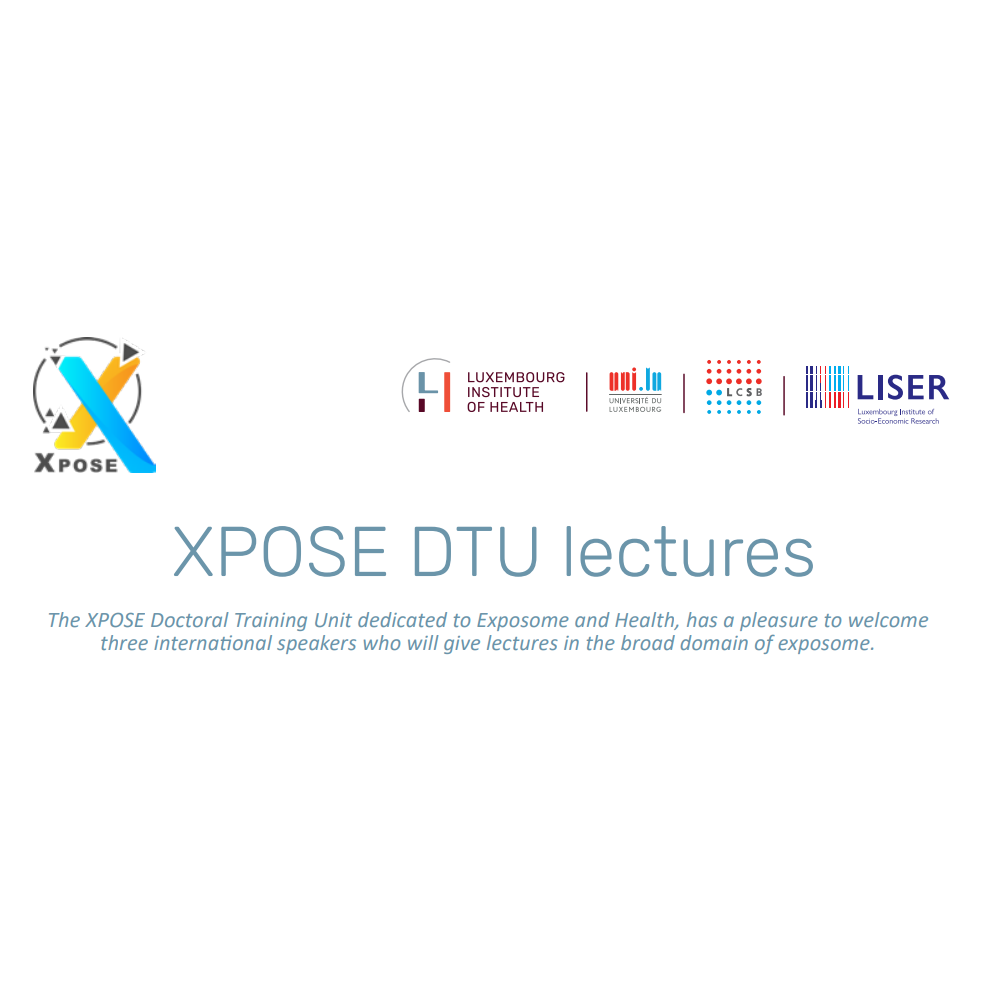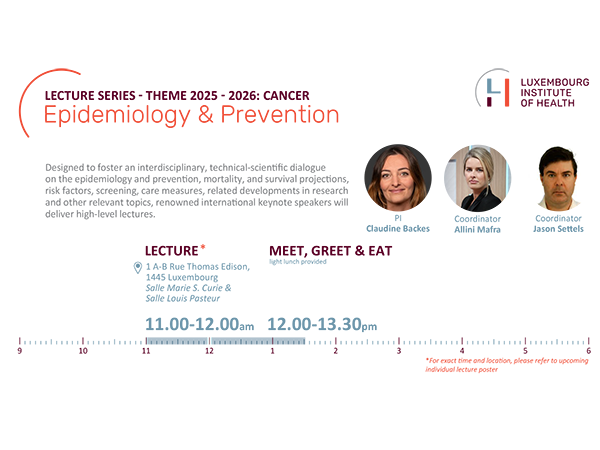Host-Microbe Co-metabolism in Disease Risk and
Treatment Response
- Lecture Series Infection & Immunity
Speakers

Fu
Professor in Systems Medicine,
University Medical Center Groningen
Abstract
Host-microbiome co-metabolism refers to the intricate biochemical interplay between a host organism and its resident microbiota, wherein both parties contribute to and depend on shared metabolic processes. This symbiotic relationship significantly influences the health and disease states of the host, impacting various physiological systems including digestion, immunity, and even behavior. Understanding these co-metabolic pathways opens avenues for novel therapeutic interventions aimed at modulating the microbiome to improve host health or enhance drug efficancy.
To decipher the metabolic space of the human genome and the gut microbiome, we carried out several analyses by leveraging chemoinformatic predictions, omics integration in large-scale human cohorts, and in vitro models that aim to mimic the microbe-gut-liver axis in metabolic regulation. Firstly, we performed systematic association analyses on human genetics, the gut microbiome, and diet on plasma metabolites in a human cohort, including over 1,200 metabolites from untargeted metabolic profiling and some focused studies on bile acids and TMAO, whose productions involve both human and microbial enzymes. We also identified novel bile acid isoforms that can antagonize the host androgen receptor and drive anti-tumor immunity. Secondly, we developed the MicrobeRX pipeline, an enzyme-based metabolites prediction tool. This tool involved combining 13,540 enzymatic reactions from the human genome with 8,638 unique microbial reactions from 6,286 microbial strain-solved genome-scale metabolic models.
We applied MicrobeRX predictions to all 1,083 FDA-approved, orally administered drugs contained in DrugBank and identified over 10,000 metabolites resulting from biotransformation by human and microbial enzymes. Finally, my group is devoted to constructing a hiPSC-based liver-on-a-chip model, which will be further linked to a hiPSC-based gut-on-a-chip and co-culture of gut microbes to mimic metabolic interactions.
Host
Lecture series coordinated by the Luxembourg Institute of Health, the University of Luxembourg, and the Luxembourg Institute of Science and Technology, and organized within the framework of the MICRO-PATH Doctoral Training Unit coordinated by the University of Luxembourg and the Luxembourg Institute of Health.
Responsible Scientist
May
Head of Genome Analysis – Bioinformatics Core
Luxembourg Centre for Systems Biomedicine (LCSB)
University Luxembourg
LOCATION
House of BioHealth
Room: Big conference room at ground floor
29, rue Henri Koch,
L-4366 Esch- sur- Alzette, Luxembourg
LECTURE: 10:30am – 11:30am + 30min Q&A
MEET
12:30pm – 14:00pm
House of BioHealth
FBS room at HoBH 2nd floor
29, rue Henri Koch,
L-4354 Esch-sur-Alzette
*Please note that registration is mandatory for meeting after presentation by sending an email to michelle.roderes@lih.lu


DATA PRIVACY
Read more about the “Data Protection Notice: processing of personal data in the scope of events’ management”.





